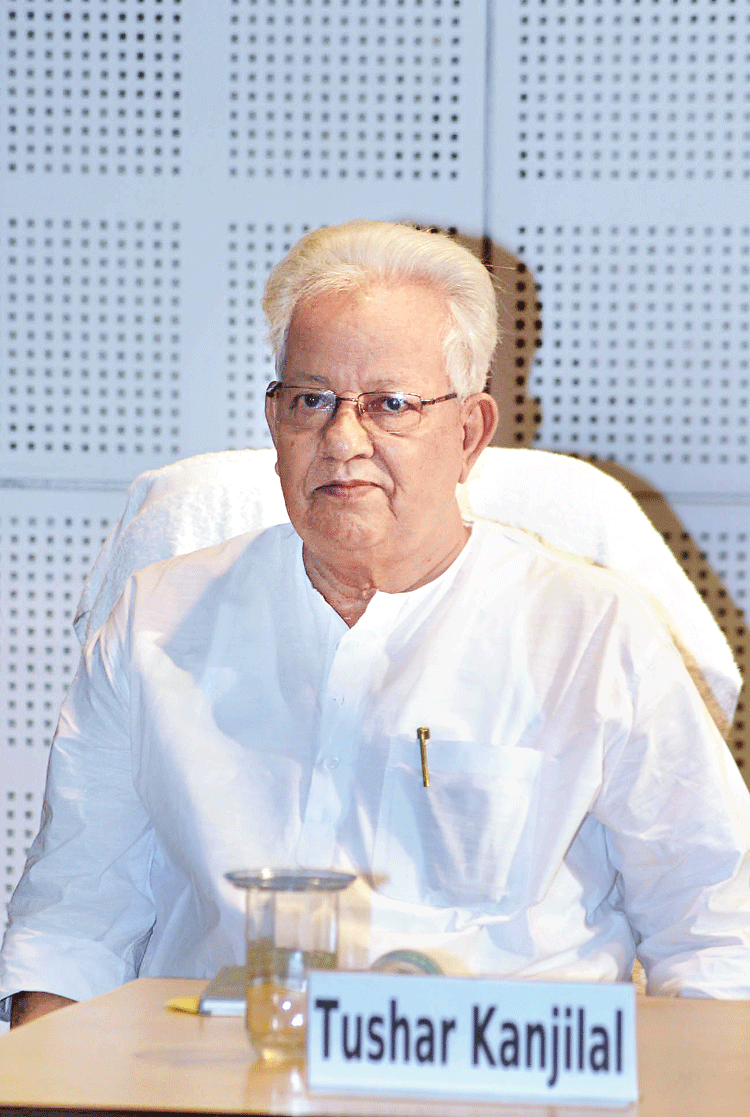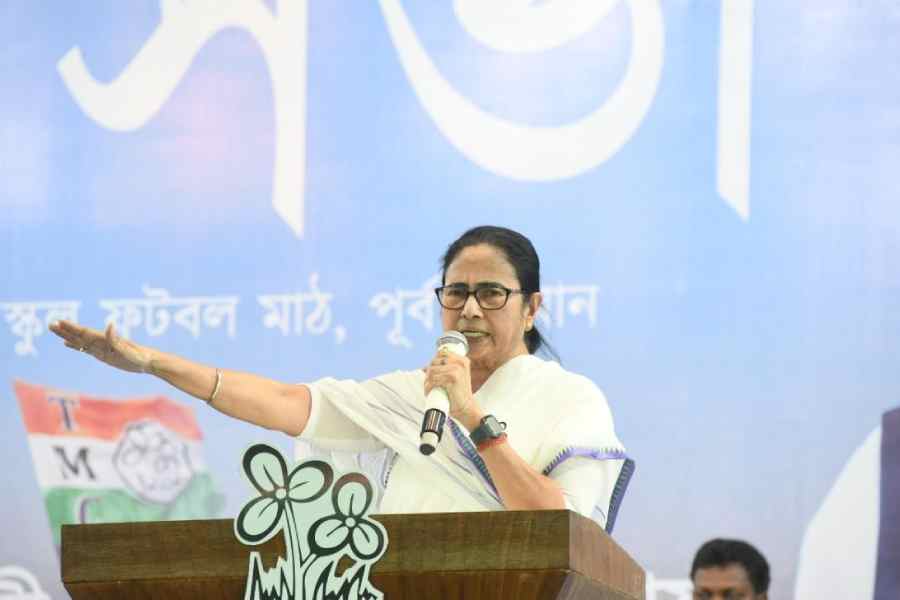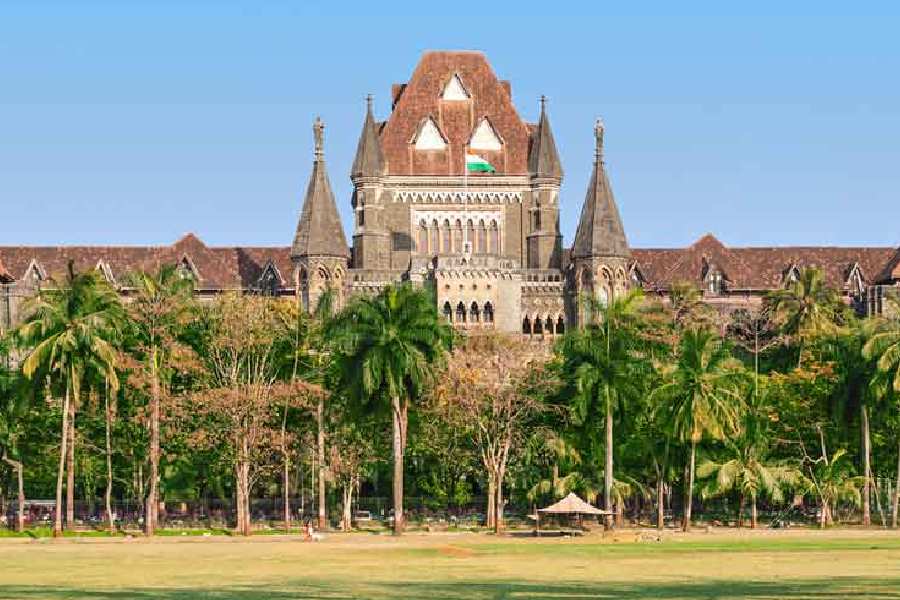The Sunderbans Man is no more.
Tushar Kanjilal breathed his last on Wednesday morning in Calcutta. He was 85.
Kanjilal’s remains were cremated at Gosaba’s Rangabelia, in the Sunderbans, in the presence of thousands of mourners. Rangabelia was his workplace for many decades.
Kanjilal, who is survived by two daughters, had been suffering from respiratory and other age-related ailments.
Mastermoshai to many in the Sunderbans, Kanjilal had been honoured as “national teacher” in 1984 and awarded Padmashri in 1986 for his work on rural development.
Born in East Bengal (now Bangladesh) in 1935, his family migrated to Hooghly district in 1946 after a riot broke out there.
An economics graduate, Kanjilal was into Left politics. However, inspired by Pannalal Dasgupta’s Gandhian ideals, he left active politics to devote himself to the welfare of the Sunderbans people in the 1960s.
“The Sunderbans has been my destiny. I initially joined as headmaster of Rangabelia High School in 1967.... I fell in love with the poor people of the Sunderbans and took my wife and children there,” Kanjilal had once told this correspondent.
He had set up the Tagore Society for Rural Development in the late 1960s. The organisation started its real work in 1974 when Kanjilal learnt that a student had passed out because he had nothing to eat before leaving for school.
“I understood that unless poverty could be tackled, unless the villagers got two square meals a day, no development would happen. We undertook a detailed study of the Sunderbans and based on the findings, the Rangabelia project was launched. The project stressed not only agriculture, but also women empowerment, culture, health, education and animal husbandry in an integrated manner,” Kanjilal had said.
The Tagore society grew over the decades. Now, it has around 400 workers and 1,000 volunteers. The Rangabelia model of development has emerged as a major rural development model.
Author Amitav Ghosh, whose novel The Hungry Tide depicts life in the Sunderbans, tweeted: “Saddened to hear about the passing of Shri Tushar Kanjilal. A remarkable man who dedicated his life to the Sundarban and its peoples.”
Former governor Gopalkrishna Gandhi had once said about Kanjilal: “Tusharbabu is his own man.… The one place where he may be said to be a slave of it, is the Sunderban. He has given himself over to the service of the people of that tract of India with the surrender of a devotee.”
Kalyan Rudra, chairman of the state pollution control board, said Kanjilal’s work on rural development and women empowerment was phenomenal.
“Baba left with a few dreams unrealised — like a one-stop Sunderbans interpretation centre. We want to complete that,” said Kanjilal’s younger daughter Tania Das.










